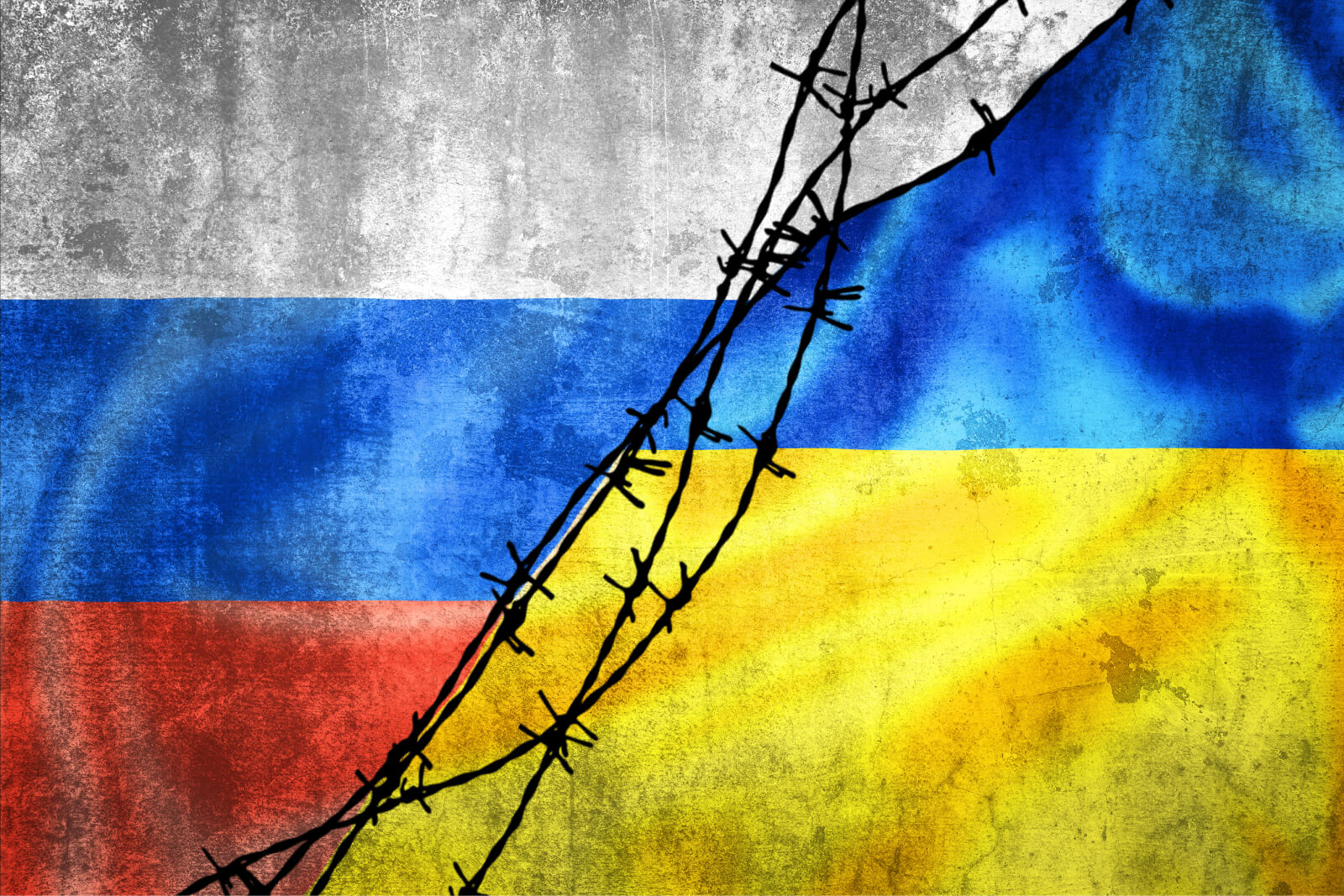
Our thoughts remain with anyone caught up in the conflict in Ukraine.
The war in Ukraine continues to complicate already-weakened supply chains throughout Europe. In Eastern Europe, there have been shifts in the use and availability of rail and road shipments.
Much rail freight comes through the Małaszewicze hub in Poland, close to the Belarus border. Here capacity has actually increased and transit from China to Europe remains at pre-conflict times of 10 to 14 days, the Polski Instytut Transportu Drogowego reports. In March, some big carriers, including Maersk and MSC stopped using rail from China to Europe and switched to sea. This opened up capacity that compensates for any delays the war is causing.
Although Russian railroads have been sanctioned, the transit of goods through Russia has not, and so rail remains a viable option for shippers.
Polski Instytut Transportu Drogowego also points out that Maersk has started selling shares in Russian ports and COVID-19 shutdowns at Chinese ports are increasing delays on sea routes. Meanwhile, air freight has to take extended routes, adding six hours to flights from Paris to Beijing and 4.5 hours from London to Tokyo.
On the roads, a number of factors are influencing supply. An internal paper from German road transport association Der Bundesverband Spedition und Logistik (DSLV), reported in Spiegel, says delays are being caused by a shortage of drivers and European freight capacity in road freight transport is down by as much as 7% as a result.
Truck drivers from Ukraine, Poland, Belarus and Russia are apparently going home to be with their families and this is likely to cause bottlenecks.
There was already a shortage of drivers in Europe and the DSLV suggests that there were as many as 100,000 Ukrainian drivers in Poland alone before the war broke out. Polish trucking companies are increasingly hiring native drivers to replace Ukrainians and most of those Polish drivers have come from German transport companies, transferring the pressure westwards.
Frank Huster, managing director of DSLV, told Spiegel that Germany’s supply of food and other important goods is currently guaranteed. However, he said transport will become more expensive because of higher driver salaries and the sharp rise in fuel prices.
To add to the woes of shippers using the sea, the Port of Rotterdam is seeing thousands of Russian-linked containers pile up. The CEO of the port, Allard Castelein, told Bloomberg that all containers linked to Russia need careful inspection to make sure that moving them on won’t breach sanctions.
Every vessel that arrives in Rotterdam may have hundreds of affected containers and, already, the port is running out of space as it has 4,500 containers set aside for inspection.
A ban on Russian and Russian-operated vessels from EU ports and a ban on Russian and Belarusian road operators in the EU is now in effect and may alleviate the situation in Rotterdam somewhat.
As of April 9, the European Union has banned companies from Russia and Belarus from transporting goods on its roads. However, the ban has a number of exceptions.
Companies based in Russia are still permitted to transit goods through the Kaliningrad Oblast (on the Baltic coast) and Russia, if the goods are not sanctioned. This creates a transit corridor, allowing trucks from Russia and Belarus to enter the EU through Poland and Lithuania.
In addition, individual EU member states may authorise the import of fossil fuels, metals, medical, agricultural products and food by any route. They may also allow transport for humanitarian reasons.
Sanctions do not apply to EU carriers, so, for now, trucks from Poland will continue to enter and transit Russia. However, there is still the possibility that Russia and Belarus will introduce tit-for-tat restrictions.
Long delays on the roads of the region remain likely and the situation is volatile.